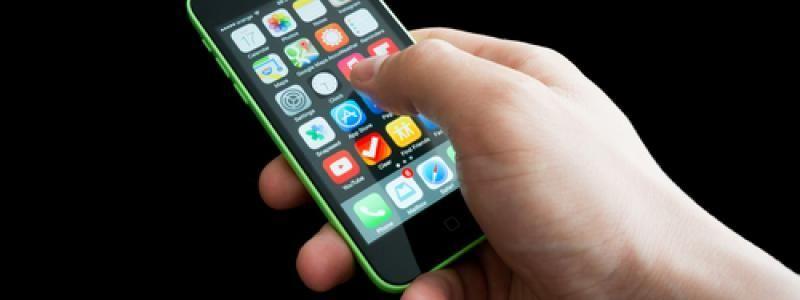FBI Hacks Into Terrorist’s iPhone Sans Apple’s Assistance

With the help of a third party, the Federal Bureau of Investigation (FBI) and the United States Department of Justice were able to access information on a particular iPhone device owned by a terrorist in the San Bernardino attack that happened in December of last year. The feds were successful in unlocking the iPhone 5c unit used by Syed Farook, and they are now requesting US Magistrate Judge Sheri Pym to vacate her previous order to have Apple help the authorities by providing a backdoor hack for the iPhone device.
With this latest development, industry watchers and mobile users following the Apple-FBI feud now have reason to believe that the court battle between the two parties has come to an end. However, the battle between national security and personal privacy will likely continue. There are still hundreds of other iPhone devices that law enforcement agencies across the US are looking to access, which means that Apple may still be embroiled in future cases.
As for the fact that the authorities were able to hack into the iPhone all along without Apple’s help raises a new set of questions. For the record, the FBI did not choose to reveal the identity of the third party or the means in which it was able to gain access to the device. Some reports have cited Cellebrite, an Israel based firm that offers data extraction and transfer solutions for mobile, as the third party commissioned by the feds, but neither Cellebrite nor the FBI has commented on the subject. Moreover, it has not been made clear at all if the method used in accessing Farook’s iPhone 5c unit can work on other iPhone models.
Essentially, this is one of the things that Apple (and advocates of privacy) are worrying about. Despite Apple’s refusal to provide assistance to the FBI in hacking iPhone devices, it turns out the feds can still find a way to access information from an iPhone anyway.
Furthermore, it suggests that despite Apple’s best efforts, a third party can still technically hack into its devices. The tricky thing is that the feds are not obligated to share to Apple how it managed to get backdoor access, or more accurately, how its third party managed to do the deed. Still, it is not like Apple is completely helpless regarding the whole thing. Apple can still try to detect the flaw in its security, and come up with a way to fortify it. Yup, the battle is not over, indeed.
Related Blog Articles
- The People’s Operator: The Wireless Carrier That Cares
- Introducing WALT: A Google Tool For Checking Responsiveness In Android and Chrome OS
- So, Was The Data Retrieved By The FBI From The Hacked iPhone Useful?
- Verizon Brings Exclusive Video Content To Go90 Via A Stake In AwesomenessTV
- Proposed Encryption Bill Would Force Tech Companies To Hand Over Data
- So How Is The Apple Watch Doing So Far?
- HTC 10 Smartphone To Be Offered By Verizon, T-Mobile and Sprint; But Not By AT&T
- Wells Fargo: T-Mobile Only Major Network To Register Postpaid Net Phone Gains In 1st Quarter
- Google, Facebook Test Separate Potentially Game-Changing Broadband Technologies
- Apple: iPhone Hacking Is Proof That FBI Never Needed Apple’s Help In The First Place


 Menu
Menu